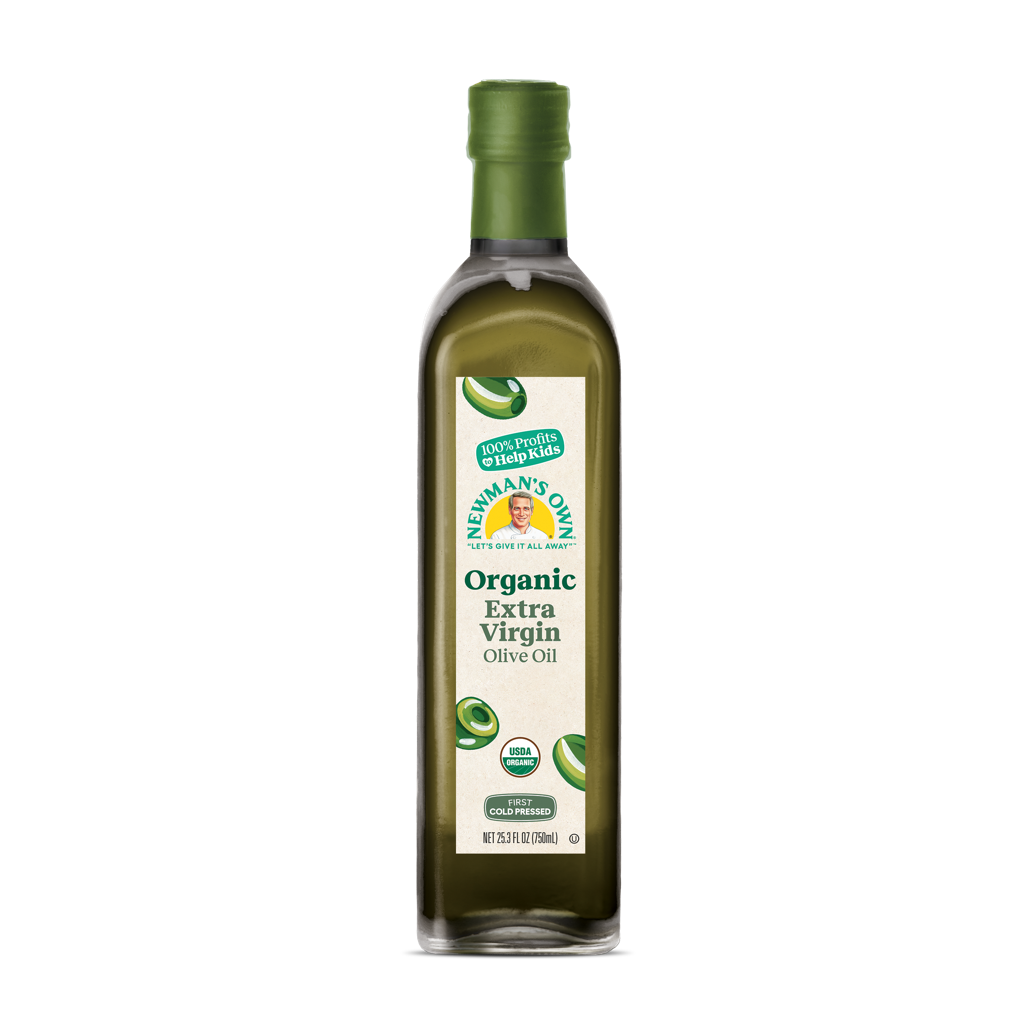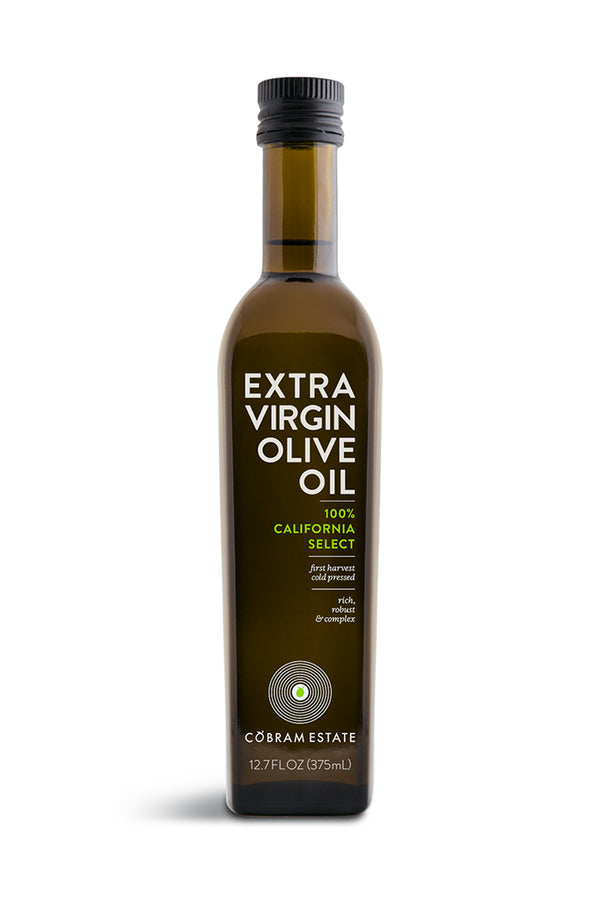Exploring the Extra Virgin Olive Oil Benefits for Reducing Blood Pressure
Discovering the Various Sorts Of Olive Oil and Their Uses, Consisting Of Additional Virgin Olive Oil
The exploration of olive oil includes a diverse range of types, each offering culinary applications and distinct tastes. Extra virgin olive oil, renowned for its premium top quality and health advantages, offers as a staple in lots of kitchens, yet it is just one aspect of this complex component.
What Is Olive Oil?
Acquired from the fruit of the olive tree, olive oil is a staple in Mediterranean cuisine and a crucial component in numerous culinary applications. This versatile oil is created by pressing whole olives, resulting in a liquid that differs in taste, fragrance, and shade relying on the kind of olives used, the region of growing, and the extraction process. Olive oil is mostly composed of monounsaturated fats, particularly oleic acid, which is understood for its prospective wellness advantages, consisting of anti-inflammatory properties and cardio support.
Along with its cooking usages, olive oil has a lengthy history of application in traditional medicine and skin care, owing to its rich antioxidant web content (extra virgin olive oil benefits). The oil is frequently made use of in dressings, marinates, and for cooking approaches such as sautéing and roasting. Its distinctive flavor profile can enhance the taste of different meals, making it a vital component for both home chefs and professional cooks
In addition, olive oil is commemorated for its duty in the Mediterranean diet, which is linked with many wellness advantages. As understanding of these advantages expands, olive oil remains to gain appeal worldwide as a fundamental part of a healthy and balanced way of life.
Kinds of Olive Oil
Comprehending the different sorts of olive oil is essential for both health-conscious customers and cooking enthusiasts. Olive oil is classified largely based upon its removal method and top quality, which significantly affects its health, taste, and aroma advantages.
:max_bytes(150000):strip_icc()/evoo-7c819bcdd0c343a7bae114cbc9baea2f.jpg)
Light olive oil, regardless of its name, refers to a lighter flavor and not lower calories. It is optimal for those seeking an extra refined taste in dressings and marinades. In addition, there are flavorful olive oils infused with natural herbs, spices, or citrus, which can improve meals without the requirement for added seasoning.
Each kind of olive oil offers particular culinary purposes, and recognizing these distinctions allows consumers to make educated selections that straighten with their cooking styles and health and wellness goals.
Bonus Virgin Olive Oil
Bonus virgin olive oil (EVOO) is commonly considered as the finest quality olive oil available, well known for its rich taste and numerous health and wellness benefits. To be classified as additional virgin, the oil needs to be generated from fresh olives utilizing mechanical processes, without the use of solvents or too much warm. This meticulous method preserves the oil's all-natural flavors, antioxidants, and healthy fats, leading to an item with a reduced level of acidity degree of much less than 0.8%.
EVOO is plentiful in monounsaturated fats, particularly oleic acid, which is linked to decreased swelling and enhanced heart health and wellness. It additionally includes polyphenols, powerful antioxidants that may supply protective results versus persistent conditions. The taste profile of EVOO can differ considerably depending upon the olive range and region of manufacturing, varying from fruity and verdant to durable and sharp.

Culinary Use Olive Oil

In cooking, olive oil can be made use of for sautéing, toasting, and barbecuing, supplying a much healthier choice to butter or various other fats. Its high smoke point makes it ideal for different cooking techniques, while its anti-oxidants add to a heart-healthy diet regimen. Showering olive oil over finished dishes, such as pasta, fish, or barbequed veggies, can boost tastes and include a touch of sophistication.
Moreover, olive oil plays a considerable role in cooking, where it can change traditional fats in dishes for bread and breads, passing on dampness and a subtle taste. It also works as a base for infused oils, allowing cooks to experiment with flavors such as garlic, natural herbs, or chili, even more increasing its culinary possibility. Generally, olive oil's convenience makes it crucial in both home and specialist kitchens.
Picking High Quality Olive Oil
When selecting high address quality olive oil, it's vital to take into consideration numerous vital factors that influence the product's wellness, aroma, and taste benefits. First and leading, opt for additional virgin olive oil (EVOO), which is originated from the very first cool pushing of olives and includes the highest degree of anti-oxidants and valuable compounds. Search for oils that are licensed by acknowledged companies, as this commonly guarantees adherence to rigorous quality criteria.
The product packaging also plays a substantial function in maintaining the oil's integrity. Pick oils kept in dark glass bottles or tins to shield versus light degradation. Focus on the harvest date; fresher oils use premium taste and dietary value, so choose products that are within 18 months of their harvest.
In enhancement, think about the beginning of the oil. High-grade olive oils often come from specific regions understood for their unique taste accounts, such as Italian, Spanish, or Greek oils. Be mindful of the preference; a great high quality olive oil need to have an equilibrium of fruity, bitter, and sharp notes, showing its richness and intricacy. By examining these factors, you can guarantee you are selecting the best olive oil for your culinary demands.
Conclusion
In recap, the expedition of various kinds of olive oil reveals distinct characteristics and applications, with extra virgin olive oil standing for the peak of high quality due to its reduced acidity and high antioxidant web content. Comprehending the various selections of olive oil enables for notified selections in food preparation methods, advertising healthier techniques while enriching the total gastronomic experience.
Derived from the fruit of the olive tree, olive oil is a staple in Mediterranean food and an essential component in numerous cooking applications.The most typical kinds of olive oil consist of refined olive oil, pure olive oil, and light olive oil.Bonus virgin olive oil (EVOO) is extensively related to as the greatest high quality olive oil offered, celebrated for its abundant taste and various health advantages. Opt for extra virgin olive oil (EVOO), which is obtained from the initial cold pressing of olives and includes the highest possible levels of antioxidants and advantageous compounds.In recap, the exploration of various kinds of olive oil reveals unique check it out characteristics and applications, with added virgin olive oil representing the pinnacle of quality due to its low acidity and high antioxidant content.